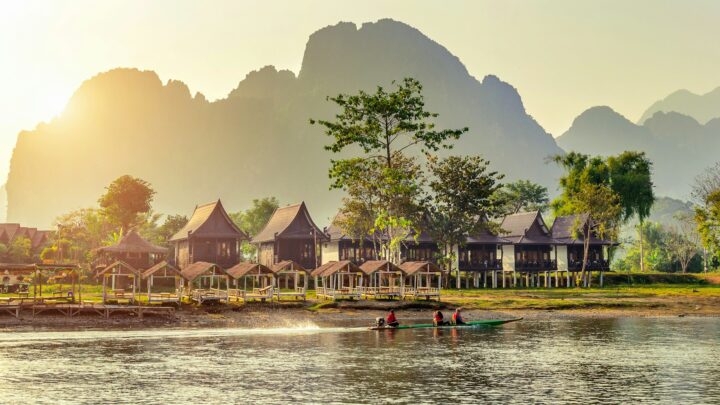Travel doesn’t have to come at nature’s expense, and it really shouldn’t.
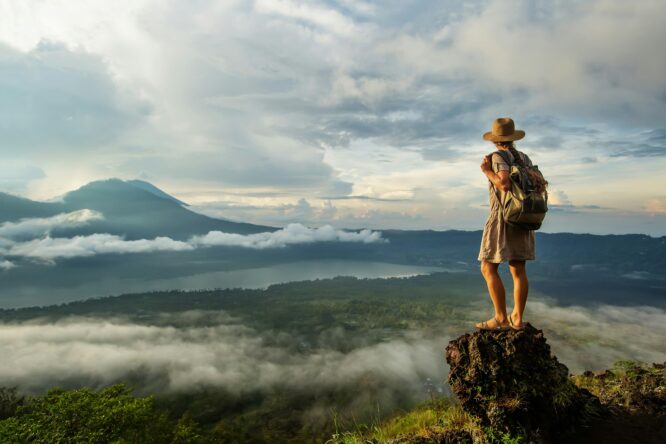
With a few small shifts in how we plan, move, and explore, we can make our adventures a little gentler on the planet. These changes don’t mean giving up the fun at all. They just mean being more aware of the impact we leave behind. If you love seeing the world and want to protect it while you’re at it, here are some very easy ways to travel in ways that are much more sustainable and less damaging for the environment.
1. Skip the single-use plastics.
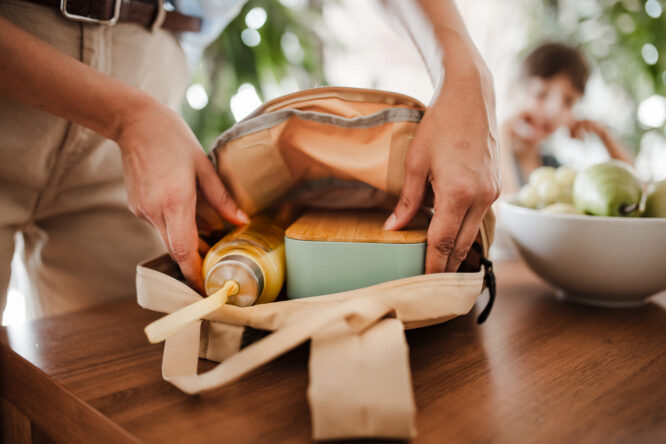
It sounds small, but packing a reusable water bottle, cutlery set, and shopping bag makes a big difference, especially in places where recycling isn’t guaranteed. It’s an easy way to cut down on waste wherever you go. Most destinations are overwhelmed by tourist-generated rubbish, especially in coastal or rural areas. Bringing your own basics helps reduce that burden and encourages other travellers to do the same just by example.
2. Stay in locally owned places.
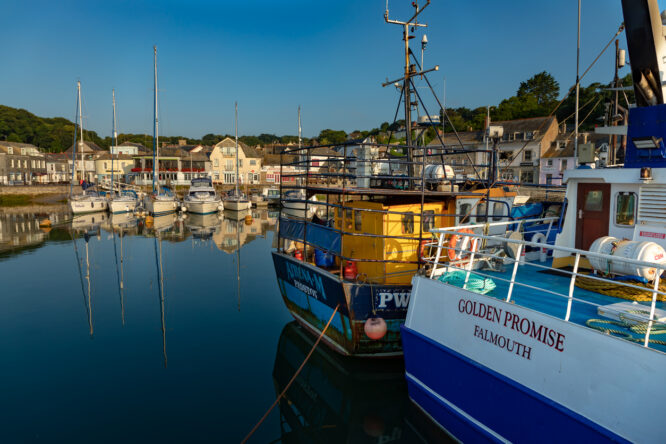
Choosing small, local accommodations instead of big-name resorts helps keep your money in the community and often has a lower environmental footprint. You’re supporting real people, not giant chains. These spots also tend to be more in tune with local conservation efforts and treat the natural surroundings with care. Plus, you usually get a much more authentic and meaningful experience in return.
3. Travel during off-peak seasons.

Tourist hotspots get overloaded during peak times, which puts pressure on local infrastructure, wildlife, and natural spaces. Visiting in the off-season helps ease that impact and gives those areas a chance to recover. It also means fewer crowds and a more relaxed vibe, so you’re not just helping the planet. You’re also improving your own travel experience without even trying too hard.
4. Use public transport or walk when you can.

Taking trains, buses, or even bikes instead of cars or flights cuts down significantly on carbon emissions. It’s also a great way to see a place through a different lens—slower, more grounded, and often more interesting. Plus, when you’re walking or riding, you notice more. The smells, the sounds, the little moments—they all come alive. It’s better for the planet and better for your memories.
5. Support eco-conscious tours and activities.

Look for guides and tour companies that prioritise sustainability—things like small group sizes, ethical animal treatment, and efforts to give back to conservation or local communities. It doesn’t mean missing out on fun. It just means making sure the fun doesn’t come at a cost to nature. When you book with people who care, the experience often ends up being deeper and more meaningful.
6. Pack light and choose sustainably.
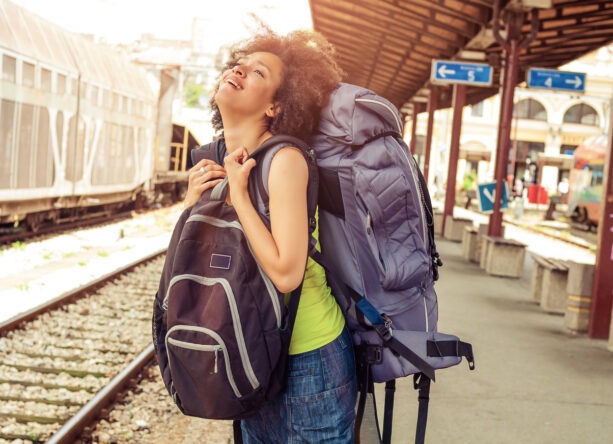
Every kilo of luggage adds up when it comes to transport emissions. Packing lighter isn’t just easier on your back; it’s easier on the environment, too. Plus, when you pack fewer, more versatile items, you also reduce the urge to over-consume while away. Bonus points for packing items made from sustainable materials, or reusing gear instead of buying new. You don’t need a brand-new wardrobe to be a good traveller, just a thoughtful one.
7. Be mindful of where you step.

When you’re out in nature—on a trail, beach, or mountain—stick to marked paths. Venturing off can damage fragile plants or disturb habitats without even realising it. It might seem harmless, but one small step can lead to long-term damage in sensitive environments. Staying on track keeps nature intact for everyone else who comes after you.
8. Eat local and seasonal foods.

Choosing dishes made with local ingredients helps reduce the environmental cost of importing goods from far away. It also supports regional farmers and gives you a genuine taste of the culture. It’s one of the easiest (and tastiest) ways to travel more sustainably. Every meal becomes a way to connect with a place, without putting unnecessary strain on global supply chains.
9. Respect wildlife from a distance.
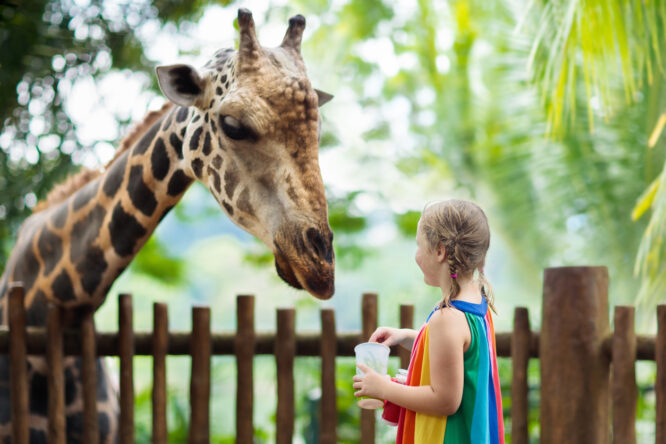
That perfect photo isn’t worth stressing an animal out. Whether it’s birds, monkeys, or marine life, getting too close can disrupt their behaviour and damage fragile ecosystems. Watch, admire, and enjoy—just don’t interfere. Wild animals don’t need our attention; they need space and safety. The best encounters happen when we’re simply quiet observers.
10. Leave places better than you found them.
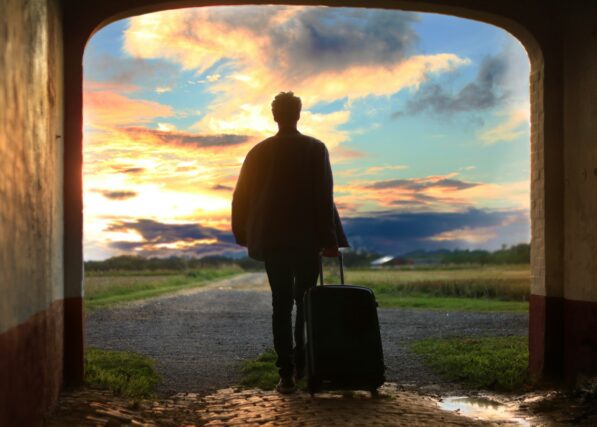
Pick up rubbish if you see it. Don’t carve your name into trees or rocks. Avoid taking “souvenirs” from nature like shells or plants. These small actions help protect places that are already under pressure from tourism. When you travel with that mindset, one of leaving things just a little bit better, you become the kind of traveller nature actually needs more of. And that impact stretches far beyond one trip.

